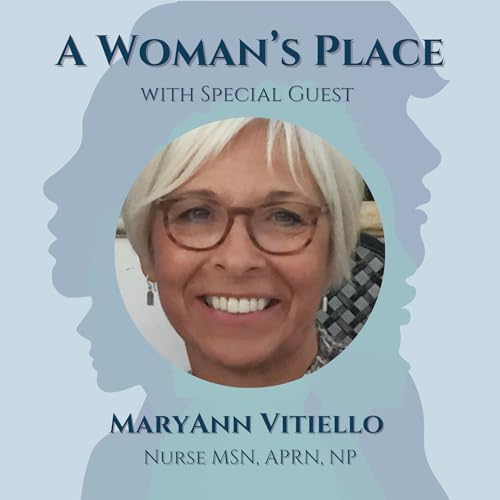
Nursing in America: Who, What, How Much, and How It Affects Us All
Failed to add items
Add to basket failed.
Add to Wish List failed.
Remove from Wish List failed.
Follow podcast failed
Unfollow podcast failed
-
Narrated by:
-
By:
About this listen
The U.S. Department of Education has excluded nursing from its official definition of "professional degree" programs as part of student loan changes under a new bill. This reclassification, scheduled to take effect on July 1, 2026, means graduate nursing students will have lower federal loan borrowing limits and could impact access to financial aid. Whoa, what? Advancing nursing degrees are not 'professional'? And, let's see if we get this right: this would make it harder - more expensive - to get an advanced nursing degree? Last we checked we already had a nursing shortage. Not to mention that the nursing workforce is aging and not being replaced by younger nurses, hence greater shortages. Oh, and did we mention the profession is almost 90% female? MaryAnn Vitiello, APRN, MSN, NP, nurse and nursing advocate, joins us today. You'll hear not only about the proposed bill, but also about who all these advanced practice nurses are (Nurse Anesthetists? Nurse Practitioners?,) how they came about, and what their growth has meant for health care in America. For anyone who might need health care - and isn't that everyone? - this is for you.
Resources: Full list of degrees not classed as ‘professional’ by Trump admin - Newsweek, Nursing Excluded as 'Professional' Degree By Department of Education | Nurse.Org


